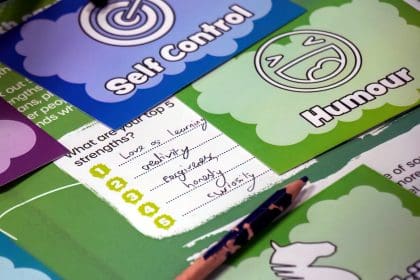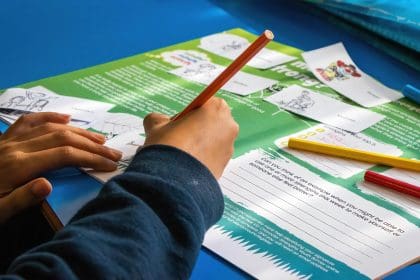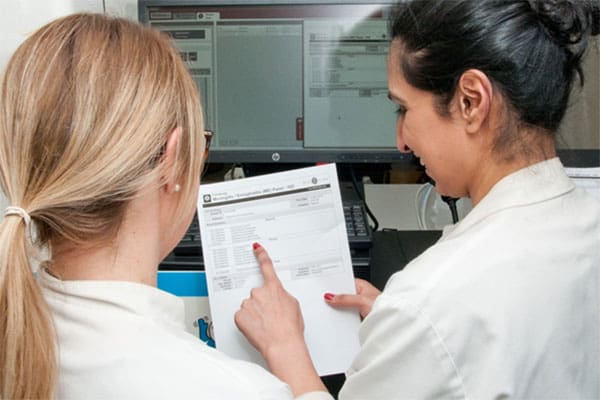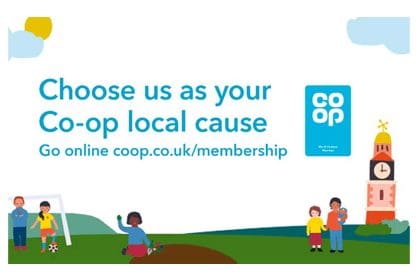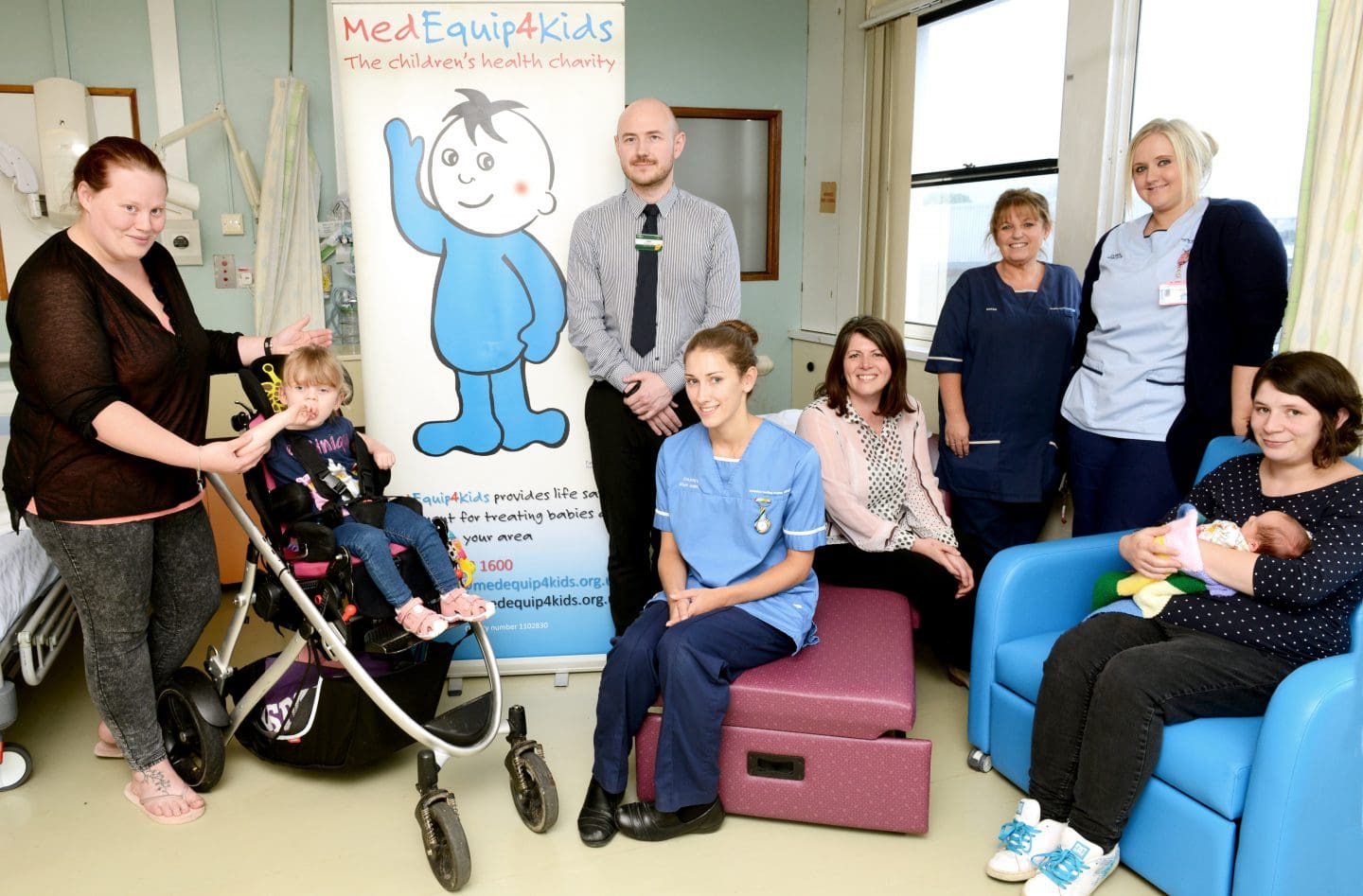
MedEquip4Kids has funded new convertible chair beds to enable parents to stay overnight at the bedside of their sick child in the children’s unit at Royal Preston Hospital.
At the children’s unit we met four-year-old Isabelle, who was born early at 25 weeks and required oxygen support. At 10 months old she was diagnosed with epilepsy, meaning she needs to spend a lot of time in hospital for treatment. Isabelle’s mum Emma told us how much she appreciates the beds being available so she can stay overnight at her daughter’s side. She also commented on how much more homely and comfortable the beds are to sit in during the day, as opposed to high-backed chairs. They make it easier for her to give Isabelle cuddles and reassurance.
The chair beds are especially designed to be comfortable, hard-wearing, easy to wipe down and put away, and to meet all the safety standards required in a hospital. They can make a real difference to the whole family, enabling the parents to get some rest at a stressful time. For a poorly child, having a parent or carer close by in the night increases their wellbeing and helps them recover more quickly.
Sarah Suthers, Community Fundraiser at MedEquip4Kids, says: “We’d like to say a very special thank you to Morrisons Foundation, the Duchy of Lancaster Benevolent Fund (Lancashire), Sir Jules Thorn Charitable Trust, Springfields Employees Medical Research & Charity Trust Fund, and VINCI Construction UK for their amazing support of this project.”

